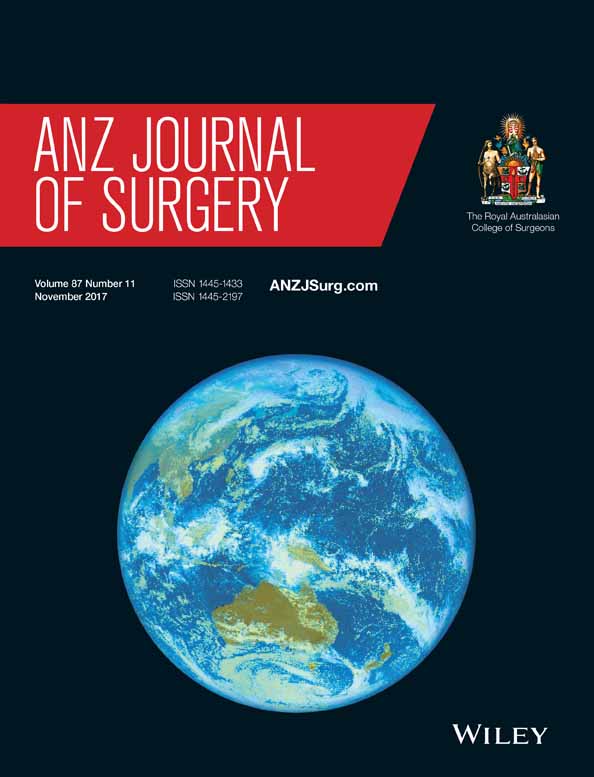Mental training in surgical education: a systematic review
Abstract
Background
Pressures on surgical education from restricted working hours and increasing scrutiny of outcomes have been compounded by the development of highly technical surgical procedures requiring additional specialist training. Mental training (MT), the act of performing motor tasks in the ‘mind's eye’, offers the potential for training outside the operating room. However, the technique is yet to be formally incorporated in surgical curricula. This study aims to review the available literature to determine the role of MT in surgical education.
Methods
EMBASE and Medline databases were searched. The primary outcome measure was surgical proficiency following training. Secondary analyses examined training duration, forms of MT and trainees level of experience. Study quality was assessed using Consolidated Standards of Reporting Trials scores or Quality Assessment Tool for Before-After (Pre-Post) Studies with No Control Group.
Results
Fourteen trials with 618 participants met the inclusion criteria, of which 11 were randomized and three longitudinal. Ten studies found MT to be beneficial. Mental rehearsal was the most commonly used form of training. No significant correlation was found between the length of MT and outcomes. MT benefitted expert surgeons more than medical students or novice surgeons.
Conclusion
The majority studies demonstrate MT to be beneficial in surgical education especially amongst more experienced surgeons within a well-structured MT programme. However, overall studies were low quality, lacked sufficient methodology and suffered from small sample sizes. For these reasons, further research is required to determine optimal role of MT as a supplementary educational tool within the surgical curriculum.




